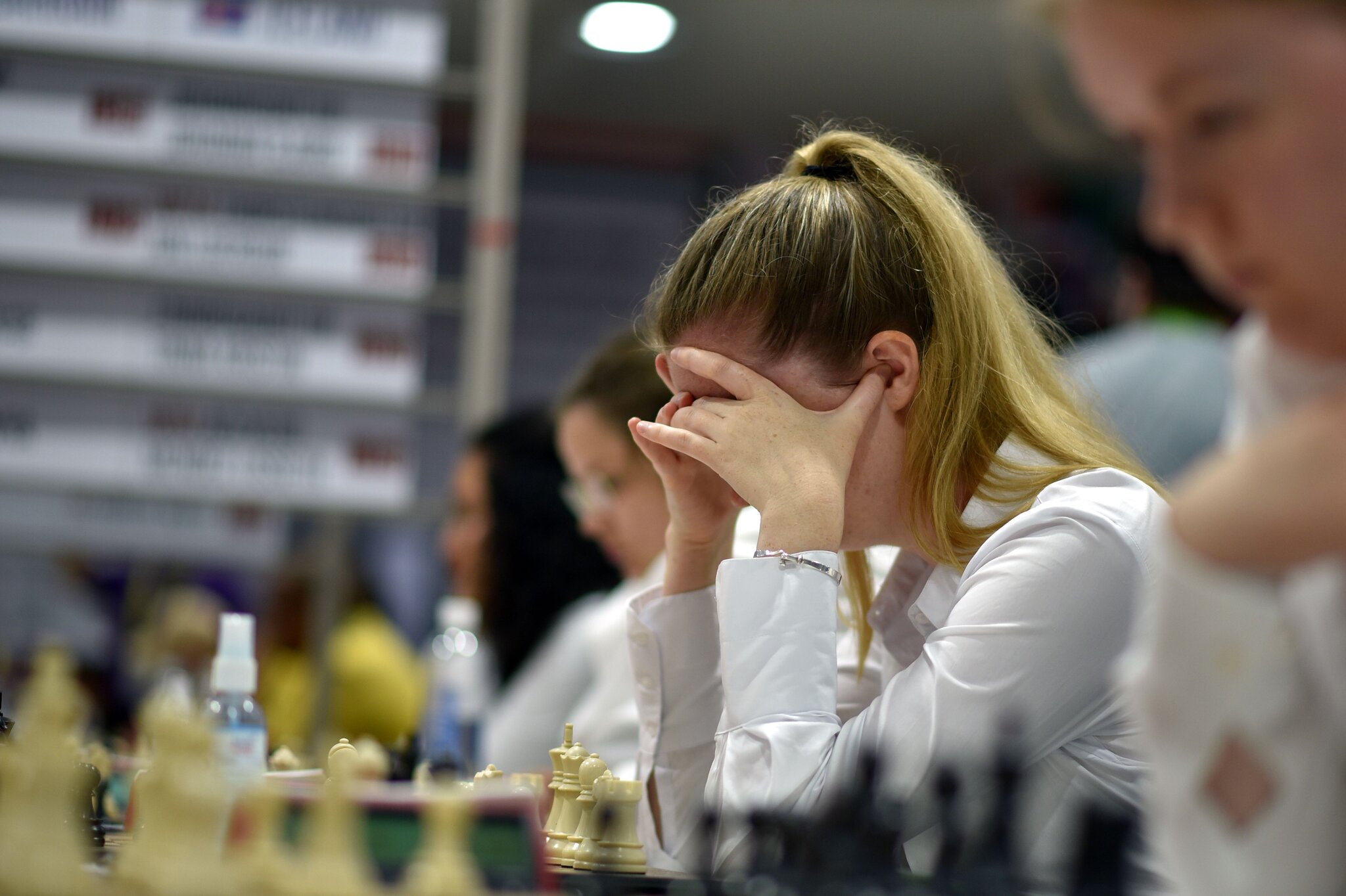FIDE’s policy regarding transgender participation in official women’s chess events introduces several key points for discussion:
- Proof of Gender Transition: Requiring trans women to provide proof of gender transition to compete in women’s chess events reflects a broader conversation occurring in sports about ensuring fair and equitable competition. Such requirements aim to address concerns about potential advantages associated with male puberty, although these issues vary from sport to sport.
- Title Abolishment for Trans Men: FIDE’s decision to abolish titles held by individuals who transition to male is noteworthy. It reflects a stance that seeks to address potential competitive advantages, but it also raises questions about fairness, inclusivity, and the evolving understanding of gender identity.
- Reinstatement for Reverting to Female: FIDE’s policy allowing for the reinstatement of titles if trans men revert to female recognizes the complexities and fluidity of gender identity. It reflects an openness to accommodating diverse experiences and identities within the realm of chess.
- Inclusivity vs. Fairness: The balance between inclusivity and fairness in sports is a subject of ongoing debate. How sports organizations and governing bodies navigate this balance can influence the participation and experience of transgender athletes.
- Individual Sport vs. Team Sport Considerations: Chess, as an individual sport, presents unique considerations in comparison to team sports. The significance of physical advantages in chess may differ from sports that rely heavily on physical attributes.
- Global Context: FIDE’s policy exists within a global context where different countries and sporting organizations have varying stances on transgender participation in sports. This policy may influence discussions and policies in other sports.
The role of FIDE and similar organizations in shaping policies related to transgender participation in sports is critical. These policies are a reflection of society’s evolving understanding of gender identity, and they have the potential to impact not only the lives of transgender athletes but also the future of women’s sports.
Balancing fairness and inclusion is a complex and evolving endeavor, and FIDE’s approach highlights the ongoing dialogue about how to address these issues in the world of chess and sports at large. It’s important to consider the perspectives and experiences of transgender athletes, as well as the principles of competitive equity, when discussing these policies.
